The Force will be with you. Always
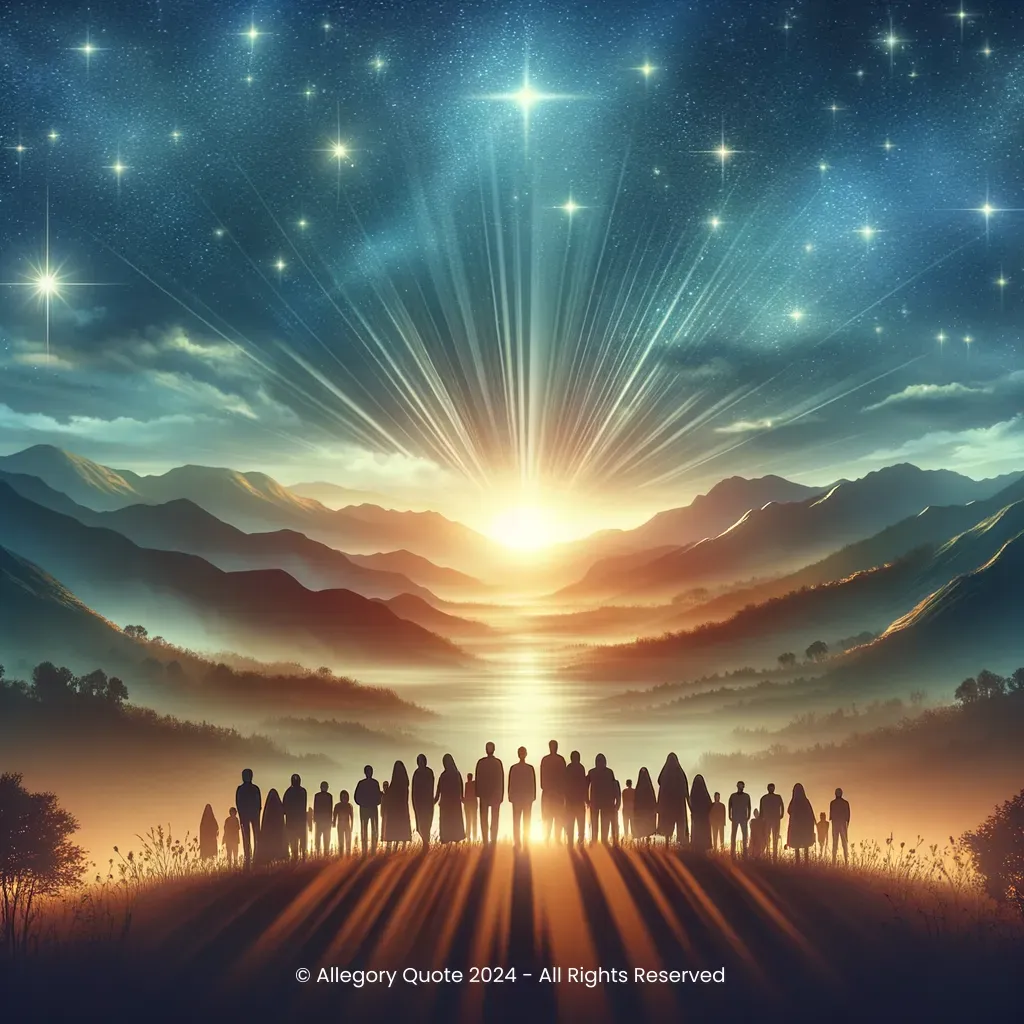
0
0
0
0
- Meaning
- The phrase 'The Force will be with you. Always.' conveys a deep reassurance and continuity of spiritual and moral support. Philosophically, it suggests the omnipresence of goodwill and benevolence in the universe, akin to ideas of faith and trust that transcend the moment of struggle. Psychologically, it instills a sense of confidence in one’s journey, evoking the idea that one is never truly alone—support exists beyond the visible and tangible realm.
- Allegory
- The allegorical image captures the essence of the phrase by illustrating 'The Force' as a radiant light pervading a community of individuals. The starry sky represents the vast, reassuring presence of support, while the gentle light beams signify love and hope guiding their paths. Together, these elements evoke serenity and a sense of belonging, aligning perfectly with the message that one is never truly alone in life’s journey.
- Applicability
- This phrase can be applied to personal life by reminding individuals that they are supported in their endeavors, fostering resilience in adversity. It encourages seeking inner strength and guidance during difficult times, reinforcing the notion that help may come from various sources, including one’s own belief or faith.
- Impact
- The impact of this phrase on culture has been profound, contributing to the lexicon of modern fandom and spiritual discussions. It inspires themes of perseverance in various storytelling formats and has become iconic, often cited during moments of encouragement in popular culture. It encapsulates the 'Star Wars' ethos, symbolizing hope, unity, and strength.
- Historical Context
- The phrase originated in the late 1970s, during the release of the original 'Star Wars' movie in 1977. It reflects the cultural context of hope and collaboration during a time when science fiction was evolving as a popular genre in cinema. The phrase helps articulate a sense of community and loyalty among characters as well as to the audience.
- Criticisms
- Criticism of this phrase might arise from its use in commercial contexts, potentially diluting its original spiritual intent. Some may argue that relying on an abstract 'Force' is escapism rather than addressing real-world issues directly. However, supporters counter that the phrase serves as motivation for personal empowerment and shared values.
- Variations
- Variations of this phrase exist in many cultures where concepts of divine support or the encouragement derived from community spirit is prevalent. For example, in some Eastern philosophies, there's a notion of 'Good Fortune' or cosmic energy that similarly reflects ongoing support throughout one’s life journey.
-

It’s a trap!
-
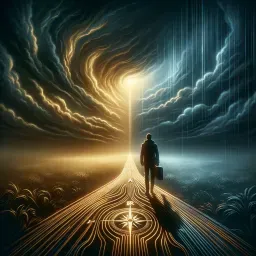
I’ve got a bad feeling about this.
-

Help me, Obi-Wan Kenobi. You’re my only hope.
-
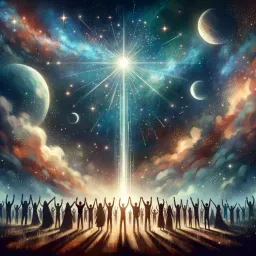
May the Force be with you.
-
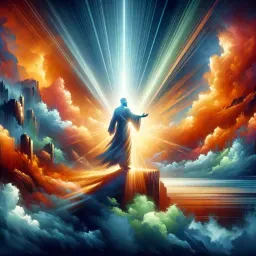
I find your lack of faith disturbing.
-

Do or do not. There is no try.
-
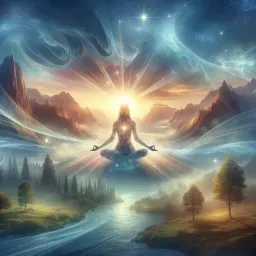
I am one with the Force, and the Force is with me.
-

We have met the enemy and they are ours.
-

In my experience, there is no such thing as luck.
-
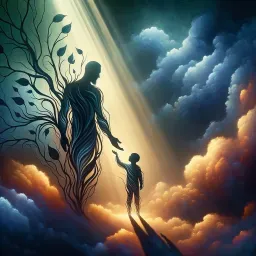
I am your father.
-
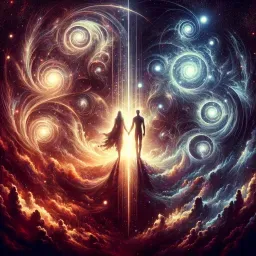
I’ve been waiting for you, Obi-Wan.
-
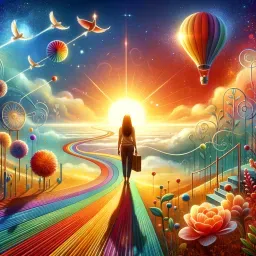
Don't dream it. Be it.
No Comments